”Learn from yesterday, live for today, hope for tomorrow.
The important thing is not to stop questioning“

0
0
0
0
- Meaning
- This quote encapsulates several significant themes: the importance of historical lessons (learning from yesterday), the value of mindfulness and presence (living for today), and the necessity of optimism and vision (hoping for tomorrow). Philosophically, it aligns with existentialism, which emphasizes the necessity for individuals to find meaning in their experiences and choices. Psychologically, it supports resilience and proactive thinking, prompting individuals to remain curious, which stimulates growth and adaptation—a vital part of the human experience.
- Allegory
- In the image, the sunset signifies the past and the lessons learned from it, encouraging contemplation and reflection. The joyful interaction in the present showcases the importance of engagement and mindfulness, highlighting human connections. Finally, the sunrise serves as a powerful symbol of hope and new beginnings, embodying the promise of a bright future. Together, these elements create a harmonious representation of the balance between past, present, and future, echoing the core message of the phrase.
- Applicability
- The lessons from this phrase can be applied by encouraging individuals to reflect on their past to inform their decision-making, to fully embrace and engage with their present circumstances, and to cultivate hope that fosters motivation and inspires future aspirations. It emphasizes a balance between reflection, active participation in life, and vision, applicable in both personal and professional contexts.
- Impact
- This phrase has had a profound impact on both philosophical and scientific discourses, inspiring movements that advocate for continuous learning and questioning as essential components of personal growth and societal advancement. It is often quoted in educational and motivational contexts, highlighting the importance of intellectual curiosity.
- Historical Context
- While a specific date for this phrase is untraceable, it is consistent with Einstein’s views expressed in the early to mid-20th century. This time was marked by significant scientific advancements and social changes, creating a rich context for discussions on human nature and existence. The inquiry aspect reflects the scientific method that Einstein so valued, making his thoughts resonate positively during a formative period in intellectual history.
- Criticisms
- Although generally celebrated, some argue that the focus on questioning may lead to over-analysis or indecision, resulting in inaction. Critics might assert that while hope is beneficial, unchecked optimism could lead to disillusionment if expectations are not met. However, counterarguments emphasize the importance of hope as a driving force for progress and resilience.
- Variations
- Variations of this phrase can be found across cultures, often echoing the importance of learning from the past and looking forward with hope. For example, in Eastern philosophies, the concept of 'present awareness' is emphasized, whereby focusing on the present moment itself is crucial. This reflects a different interpretation that values mindfulness, resonating with the phrase's theme of living for today.
-

Once we accept our limits, we go beyond them.
-

It is the supreme art of the teacher to awaken joy in creative expression and knowledge.
-

A question that sometimes drives me hazy: am I or are the others crazy?
-
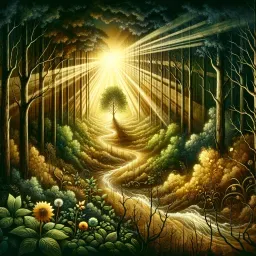
In the middle of difficulty lies opportunity.
-
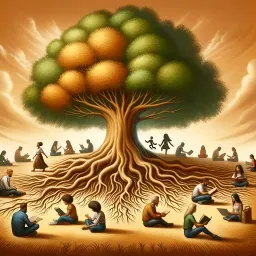
The only source of knowledge is experience.
-
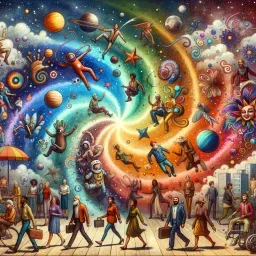
Two things are infinite: the universe and human stupidity; and I'm not sure about the universe.
-
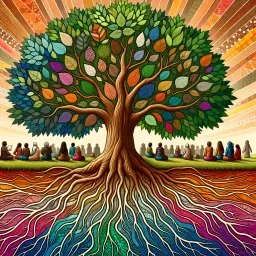
I am part of all that I have found on my path.
-
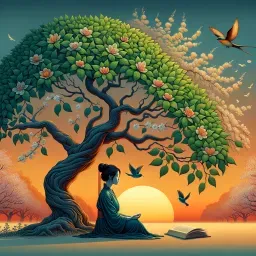
I live in that solitude which is painful in youth, but delicious in the years of maturity.
-

Weakness of attitude becomes weakness of character.
No Comments